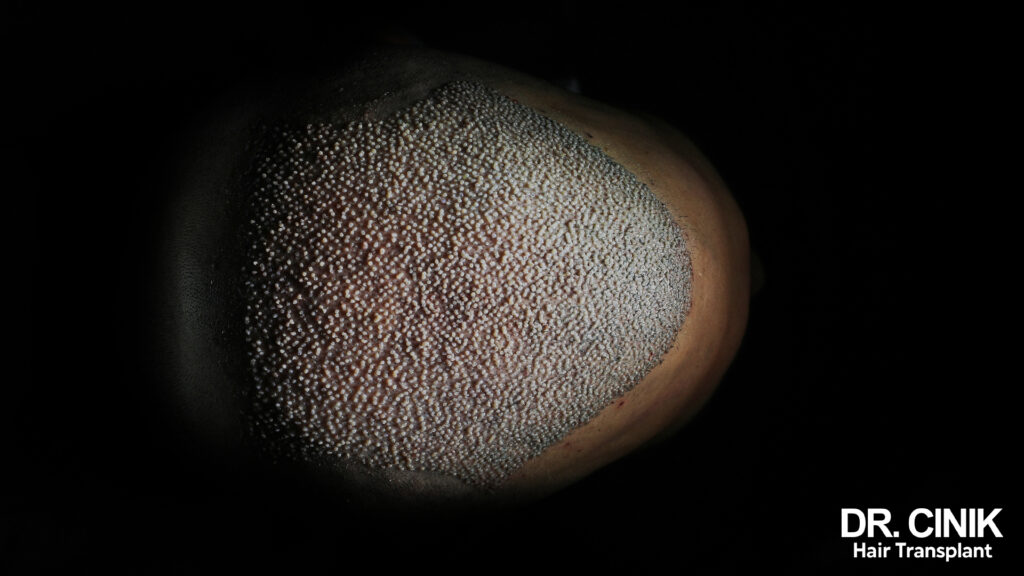Exploring Ethnic Differences in Hair Loss and Transplant: From Afro Hair to Blonde Strands
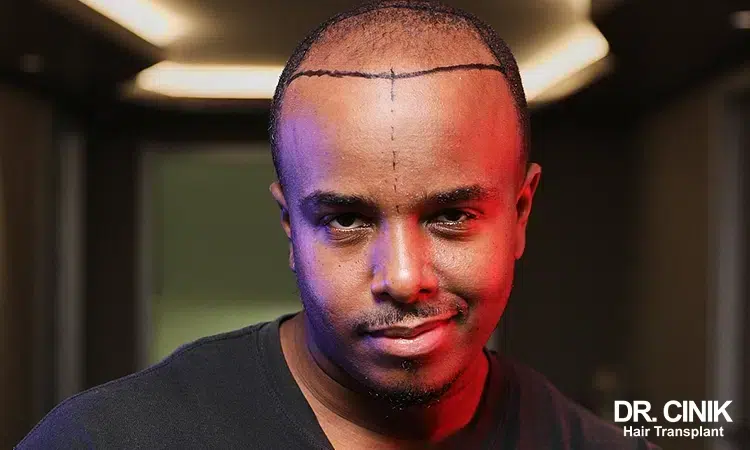
Sommaire
Hair loss and hair transplantation are complex medical issues that require a thorough understanding of the patient’s unique characteristics, including their ethnicity.
Common ethnic considerations that influence the planning and execution of a successful hair transplantation procedure include head shape, hair characteristics, hair density, skin thickness, and cultural preferences.
It is essential to consider these factors in order to achieve optimal results and meet the patient’s expectations.
In this discussion, we will delve into the specific challenges and considerations for hair transplantation in individuals with different ethnic backgrounds, including Afro hair and blonde strands. Additionally, we will examine the various types of hair loss that can occur within different ethnic groups and how they may impact the outcome of a hair transplantation procedure.
Different Types of Hair Loss
Hair loss can be caused by a variety of factors, including genetics, hormonal changes, medical conditions, and certain medications. The most common type of hair loss is Androgenetic Alopecia, also known as male or female pattern baldness. This type of hair loss is characterized by a gradual thinning of the hair on the scalp and is caused by a combination of genetic and hormonal factors. (1)
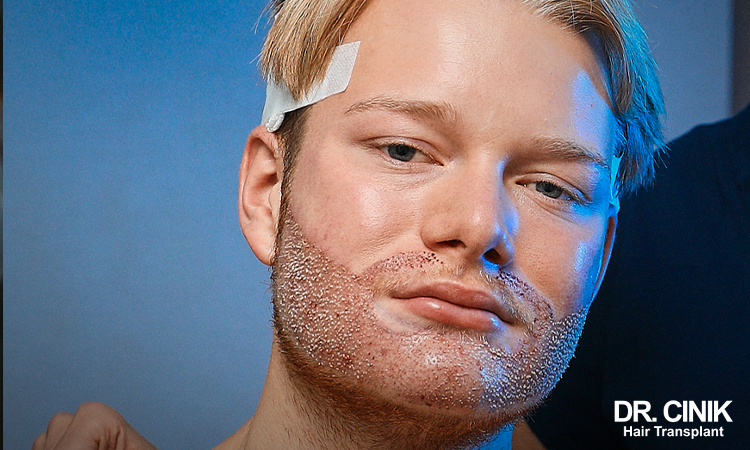
Central Centrifugal Cicatricial Alopecia (CCCA) is a common type of hair loss in African American individuals. CCCA is characterized by a loss of hair in the central part of the scalp and is often accompanied by scarring. The exact cause of CCCA is not known, but it is believed to be related to tight hairstyles that put tension on the hair follicles.
In Asian individuals, Telogen Effluvium is a common type of hair loss. Telogen Effluvium is characterized by a sudden shedding of hair and is often caused by hormonal changes, stress, or a medical condition.
In individuals of European descent, Alopecia Areata is a common type of hair loss. Alopecia Areata is an autoimmune disorder that causes hair loss on the scalp and other parts of the body. The exact cause of Alopecia Areata is not known, but it is believed to be related to genetics and environmental factors.
Afro Hair Transplants
Hair loss can be difficult and emotional for many individuals, especially those with Afro hair. A hair transplant has proven to be a permanent solution for recovering from severe and permanent hair loss. Still, many people with Afro hair may have concerns about the feasibility and success of the procedure. (2)
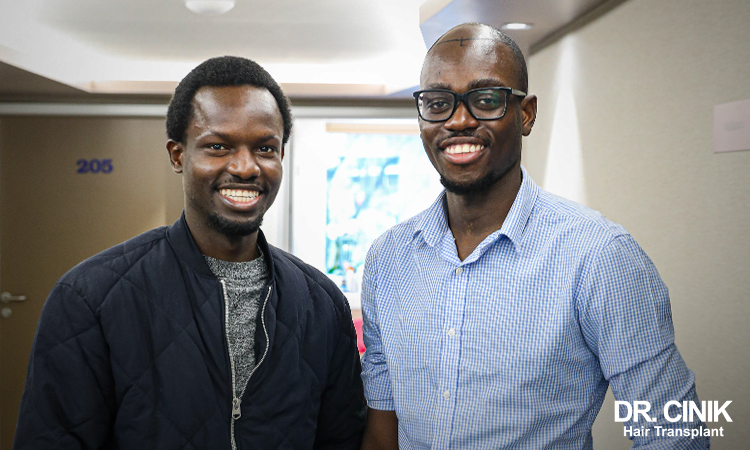
It is important to understand that Afro hair is unique and requires special attention and expertise during a hair transplant. Afro hair is characterised by its thickness, density, and texture, which can be affected by the shape and size of the hair follicles. Afro hair’s tightly coiled, curly, and sometimes wiry nature can make it more difficult to achieve a natural-looking result.
Despite this, hair transplants for Afro hair are not risky but rather require more attention and expertise during the planting stage. The latest, less-invasive methods, such as DHI Sapphire and FUE Sapphire, are considered some of the best options for Afro hair transplants.
It’s also important to note that Afro hair transplants do not cost more than other hair textures. The cost of Afro hair transplants in Turkey is a fraction of the cost in the USA or UK and can vary depending on the situation and the method chosen.
If you are considering a hair transplant and have Afro hair, it is important to learn more about your hair’s condition and possible options. With the right approach and expertise, a hair transplant can be a feasible and successful solution for those with Afro hair.
Blonde Hair Transplants
Blonde hair has its own unique characteristics, which may lead to some concerns about the feasibility and success of hair transplants. However, it is important to note that hair color is not the most important factor in determining the success of a hair transplant. The health and quality of the hair, as well as the underlying causes of hair loss, are the primary factors to consider.
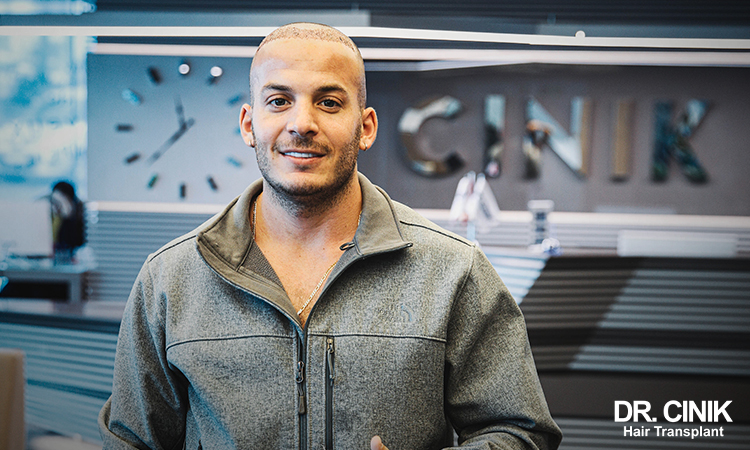
Blonde hair is known to be denser, with around 150,000 hair strands, but the strands are thinner than dark hair. It is also known to have a lower amount of color pigment, which can make the visual contrast between the hair and scalp less noticeable. This can make the result of a hair transplant look more natural and aesthetic.
FUE Sapphire is a less invasive method that is suitable for blonde hair transplant. Dr. Emrah Cinik and his team have performed thousands of successful hair transplants for blonde patients and have gained a reputation for achieving natural-looking results.
Before deciding on a hair transplant, it is important to have a consultation with a qualified hair transplant surgeon to assess your individual needs and determine the best course of action for your hair loss. With the right approach and expertise, a hair transplant can be a feasible and successful solution for those with blonde hair.
Experience a World-Class Hair transplant with Dr. Emrah Cinik
In conclusion, hair loss and hair transplants are complex medical issues that require a thorough understanding of the patient’s unique characteristics, including their ethnicity. Different types of hair loss can occur in different ethnic groups, and the success of a hair transplant is dependent on the skill of the surgeon and the unique considerations of each patient.
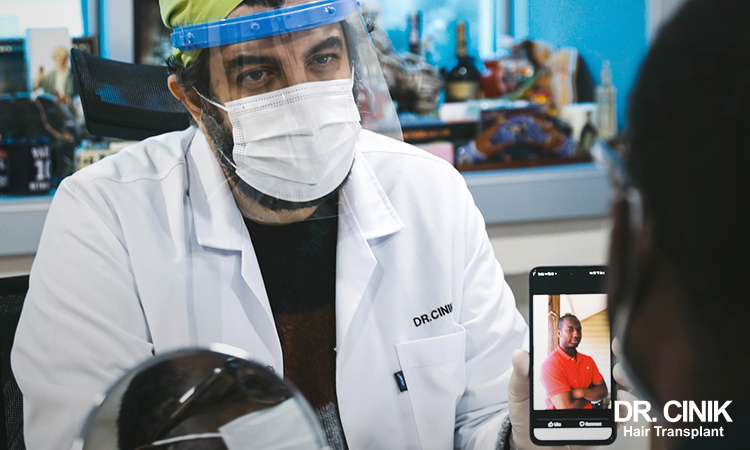
Afro hair transplants require special attention and expertise due to the unique texture and thickness of Afro hair. Blonde hair transplants also have their own set of considerations, including the density of the hair and the amount of color pigment.
It is important to note that hair transplants for different ethnic groups and hair textures do not cost more than other hair textures. The cost of hair transplants in Turkey is a fraction of the cost in the USA or UK, and it can vary depending on the situation and the method chosen.
The most important thing is to do great research before selecting the proper method. Research is difficult and costs a lot of time, so free consultations at Dr. Cinik Hair Transplant save them a lot of research and time. Dr. Emrah Cinik and his team have performed thousands of successful hair transplants for various ethnic groups and hair textures, and have gained a reputation for achieving natural-looking results.
If you are considering a hair transplant, it is important to book a free consultation with a qualified hair transplant surgeon to assess your individual needs and determine the best course of action for your hair loss.
 en
en
